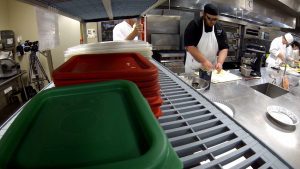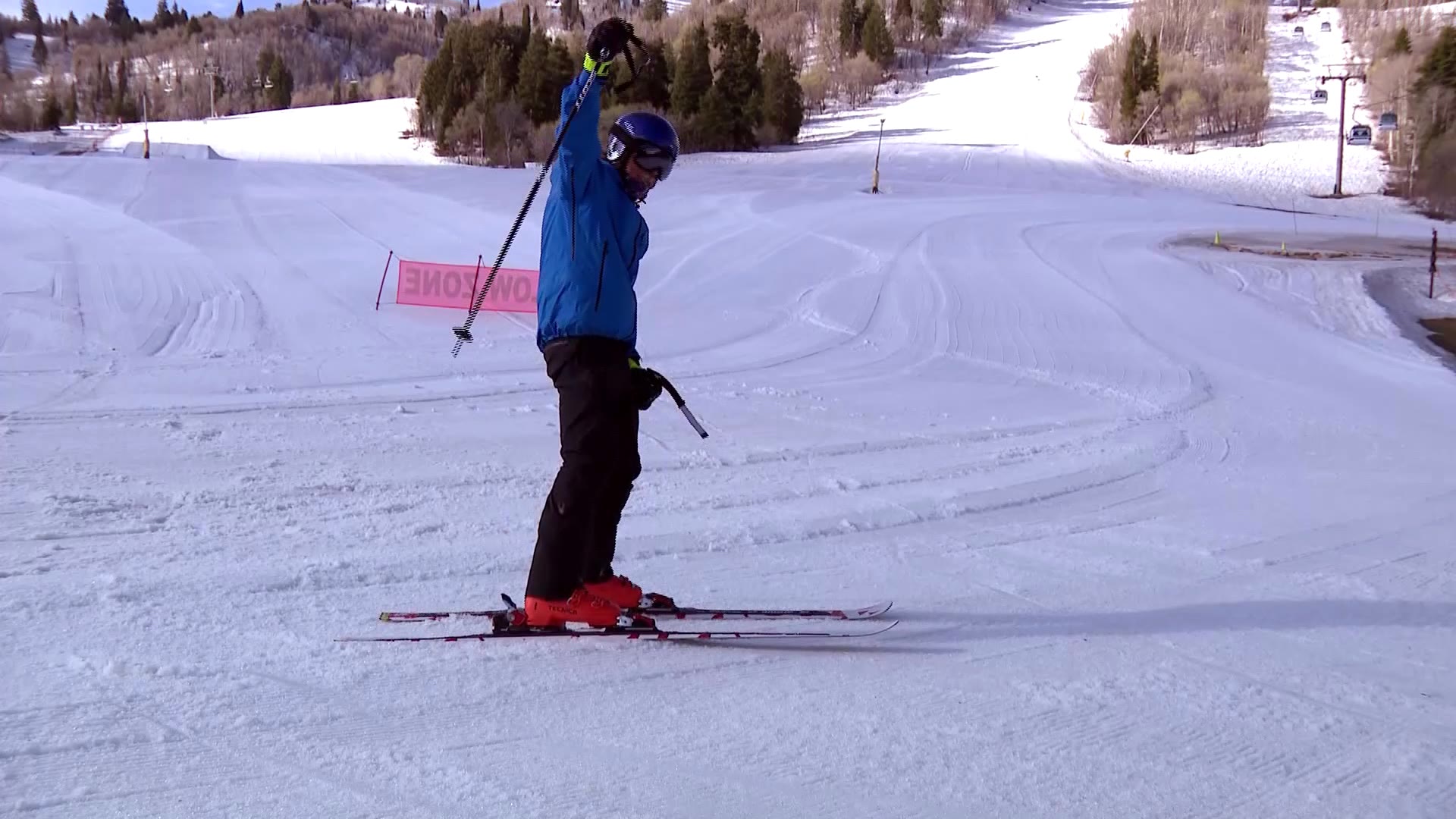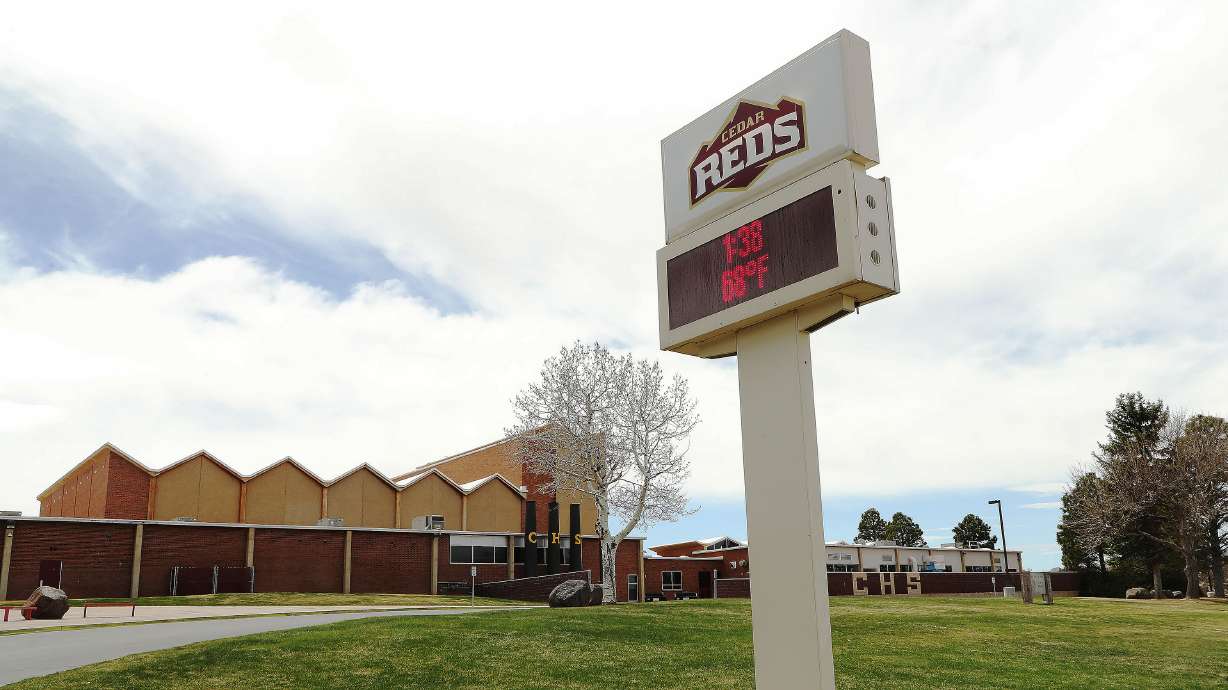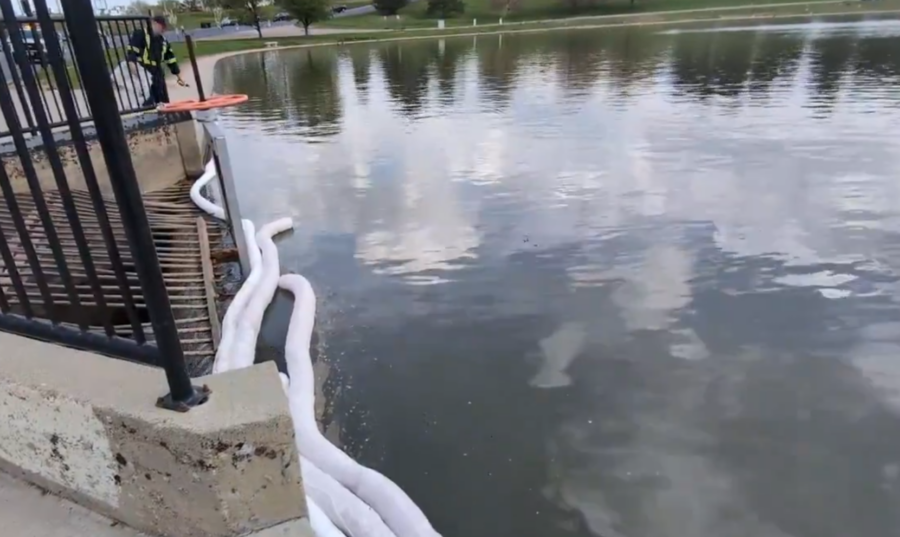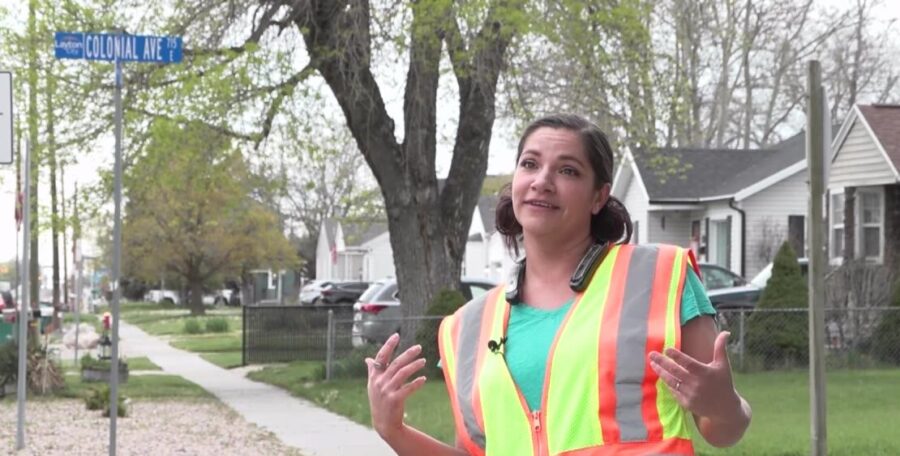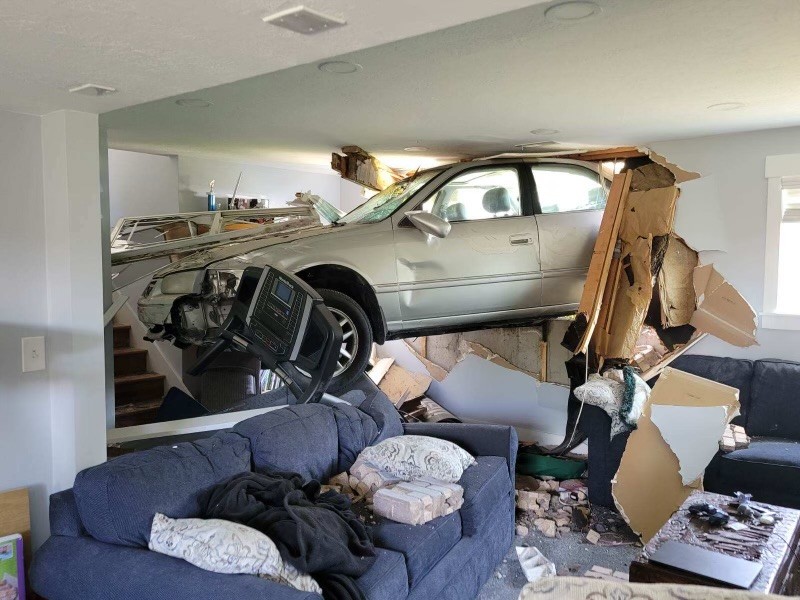Salt Lake City man can cook what he can’t see – and it looks delicious
Jun 18, 2018, 6:30 PM | Updated: Jun 19, 2018, 1:36 am
SANDY, Utah — A few weeks ago Jim Reed baked an apple tart.
That doesn’t sound like news until you realize Reed can’t see the apples, can’t see the flour or any other ingredients. He is blind and he is a student at Salt Lake Community College’s culinary school.
He baked the tart – his first and picture-perfect, by the way – as a class assignment.
Reed was born with sight, but on his way to a career in recreation management, he was diagnosed with retinitis pigmentosa, which eventually robbed him of virtually all of his vision.
His future, he thought, was “bleak.”
“I didn’t see any end route,” Reed said.
His attitude changed when he enrolled in a training school for the blind and his cane travel instructor sent him to the bank.
“I knocked it out perfect,” he says. “I knocked it out as fast and as easily as if I could see. That was the point when I realized so this maybe isn’t so bad.”
Now he works as a home management instructor for the Utah Division of Services for the Blind and Visually Impaired, teaching students how to cook, clean and do a variety of other home chores.
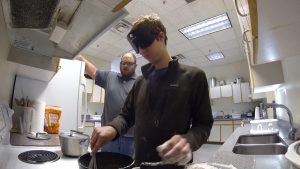
Jim Reed teaches a student with impaired vision how to make mac and cheese by feel, smell and taste.
At night, he goes to culinary school.
“It’s something I’ve always been interested in,” he said. “Almost every job I’ve had going back to high school has revolved around food.”
Even after he lost his vision, Reed worked as a kitchen prep cook at a high-end restaurant in Louisiana.
He says he cooks mostly by feel.
“I do some things by touch, I do some things by smell, some by taste,” he said. “Sometimes it’s just instinct.”
“I mean it helps that I’ve got really heat-tolerant hands, just genetically I can, I can just touch just about anything hot,” said Reed.
“Watch how the amazing blind man takes something out of the oven,” he jests as he removes a pie crust from a hot industrial oven. “You shoulda been here the other week when I was playing with a blowtorch (to make a desert).”
When Reed needs a pair of eyes, Rick Tuttle, an assistant with the college’s Disability Resource Center, has his. Reed says since he cooks in the school’s kitchen and can’t consistently keep ingredients and tools where he can find them again, he needs Tuttle’s help.
“I admire his tenacity. I admire that he doesn’t let anything get in his way,” Tuttle said.
“We have to adjust the verbiage slightly, have him understand all the visual cues,” said assistant professor Cynthia Alberts.
Reed is taking Alberts’ introductory baking class.
“I used terms like north, south, left, right,” she said. “And then I give him things to feel when I’m doing my demos. I hand him the tart shell so he can follow along.”
Reed is trying to earn two certifications, culinary and baking, but says he may only be able to complete one track because the school may not offer classes when he can take them.
Reed says he doesn’t foresee a career in a kitchen as a daily cook, but he may be able to use his culinary skills in other ways.
He says he used to subscribe to a concept called the “hierarchy of sight.”
“That the more vision somebody has the better off they are in all capacities of life, everything from going through school to raising a kid to even hygiene,” he said. “I didn’t know anything about blindness and so I just thought that, you know, if I’ve got some vision I’ll be OK and then if I go blind and I am not OK.”
Now, Reed says, he sees thing more clearly.

